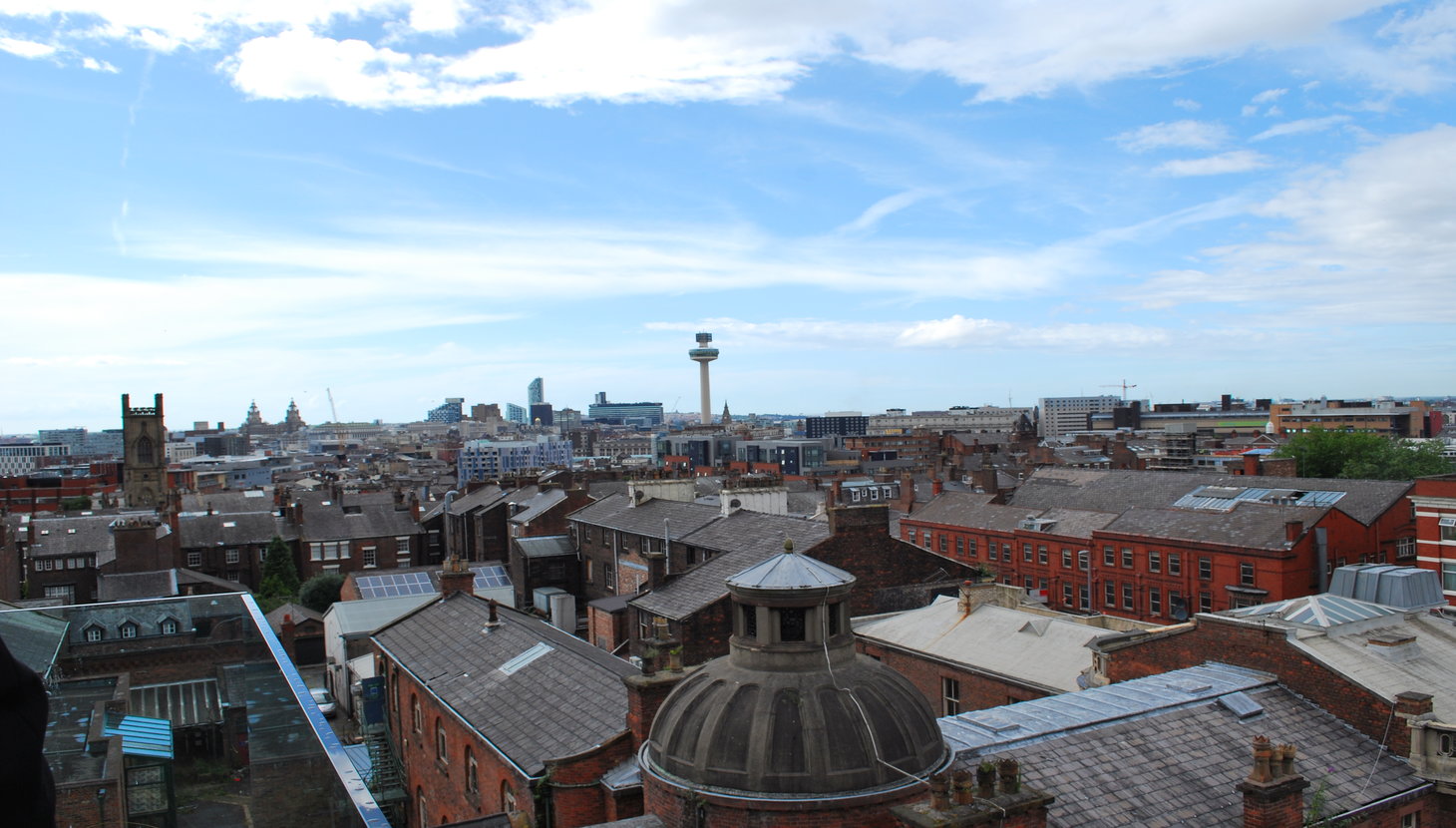
Nobody I know voted to leave the European Union. That shows just how isolated I have become from popular opinion.
None of the Academicians I have spoken to over the past few months expected to leave either. That suggests that at the Academy, we too, need to refresh our perspective and the way we engage with the places from which we profess to learn, and the advice and help we offer.
Our recent Congress was generally felt by those who attended to be the most inspirational and enjoyable yet. It was international in its breadth and visionary in its scope, and yet didn’t recognise the disconnect under our noses. The emerging patterns within the referendum vote indicate a north-south divide, a periphery/centre split and, most importantly, the gap between the possessors and the dispossessed.
There is little point in the Academy asserting a desire to improve the quality of life for urban populations if we do not take these inequalities into account, and address them explicitly. In the short-term, we should perhaps review our assessment criteria for our annual Urbanism Awards to explore evidence of these matters being addressed.
One of the themes emerging from our Congress was the future importance of the metropolitan cities and city regions. The appetite for local autonomy has been growing in the UK since the 2014 Scottish Independence referendum. Whatever the future of the relationship between the United Kingdom and Europe, and indeed the relationship between the home nations, we have to address the apparent sense of disenfranchisement, in England and Wales in particular.
The emasculation of local authorities over the past 50 years, and the continual concentration of power and wealth among fewer individuals and agencies, has alienated those who feel they have no influence over the future of the country, and little control of their own. The Academy has always asserted its independence from political opinion or aspiration, but as we grow we should use our understanding and experience to effect positive influence on the agencies of state and commerce. We should also reinforce our strategic relationships with agencies working for greater social equity and common wealth.
We have to allow the turbulence surrounding today’s news to settle before we review our strategic perspective – the horizon hasn’t yet come back into view. But we can draw on our collective experience of the great places we know, and evidence of how equality of access to resources, services and decision-making, engenders a greater sense of self-determination and fulfilment. Great urbanism, if nothing else, must realise the full potential of a place and the individuals that make it.
I hope you will join me and other Academicians and Young Urbanists at our Mid-Year Review on the afternoon of 27 July to discuss how we can do this.
Steven Bee AoU
Chair
Dear Mr Bee,
Thank you for what you have said.
I am very pleased at the outcome. The horror of it all is that it has taken this referendum to get people to listen, yet the messages have been ringing loud and clear for years. I am re-assured that we now have your attention.
Looking forward to returning some better balance to this country.